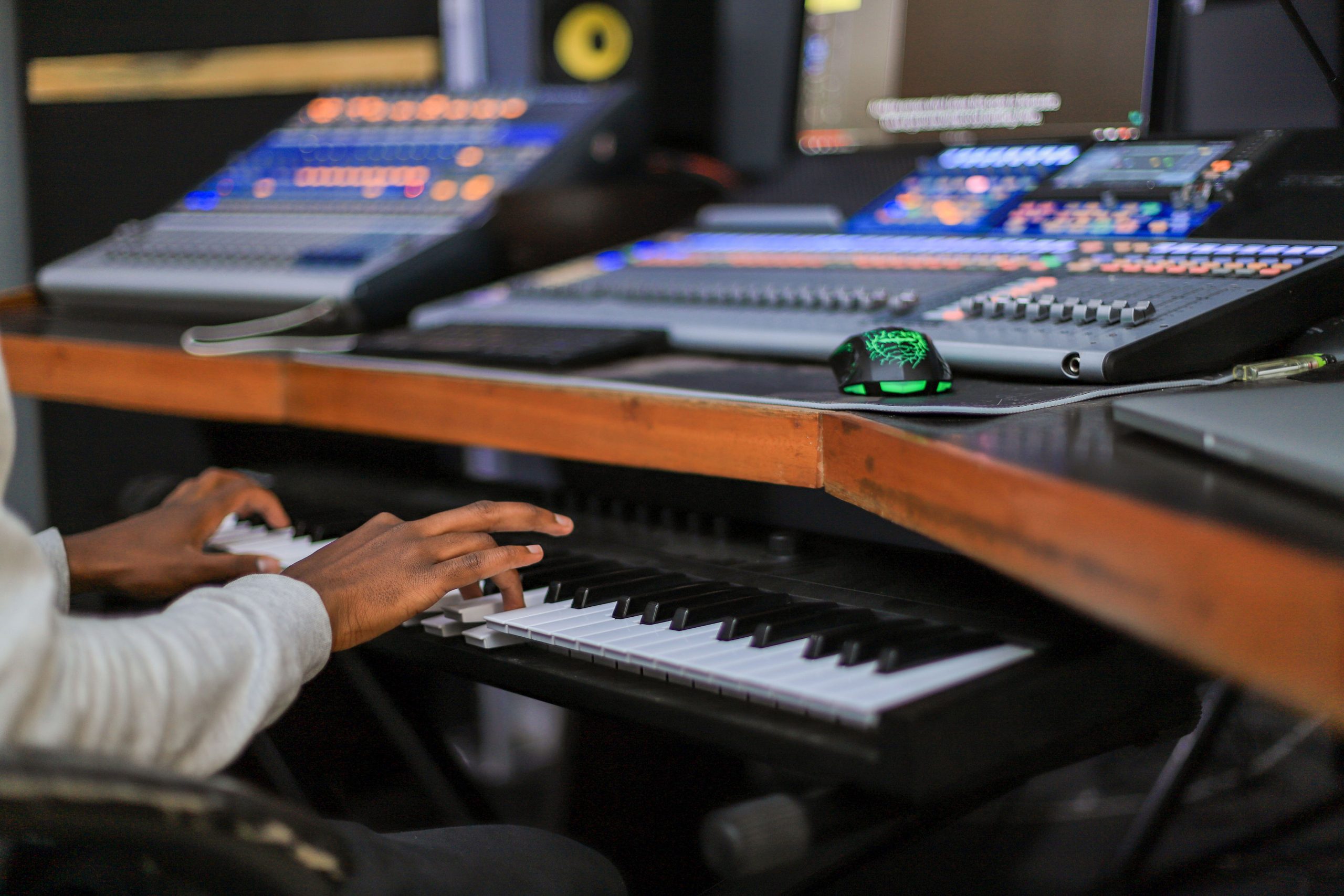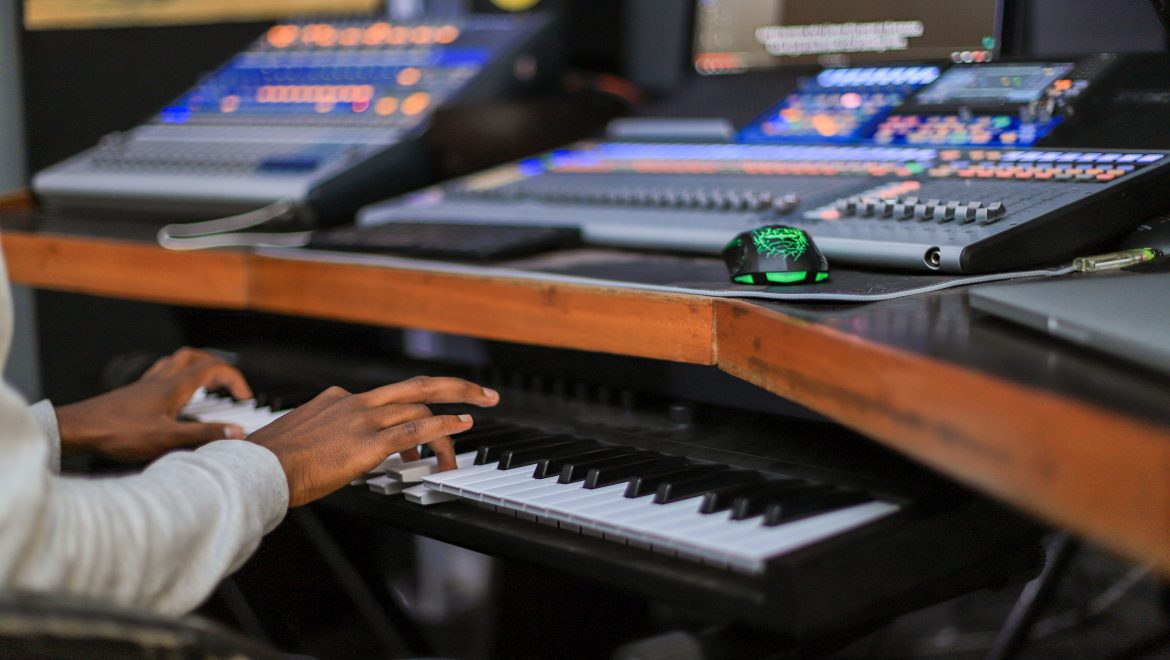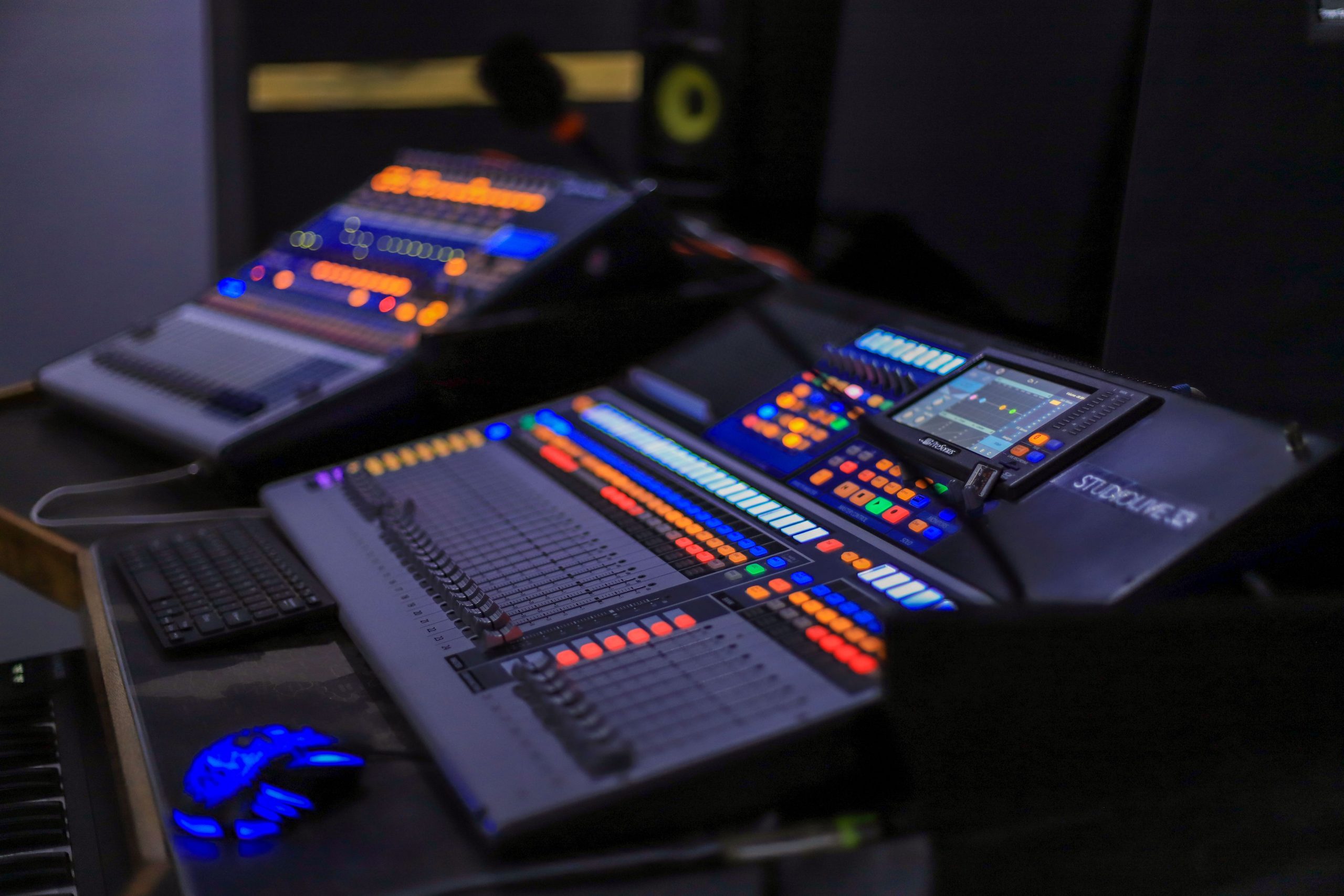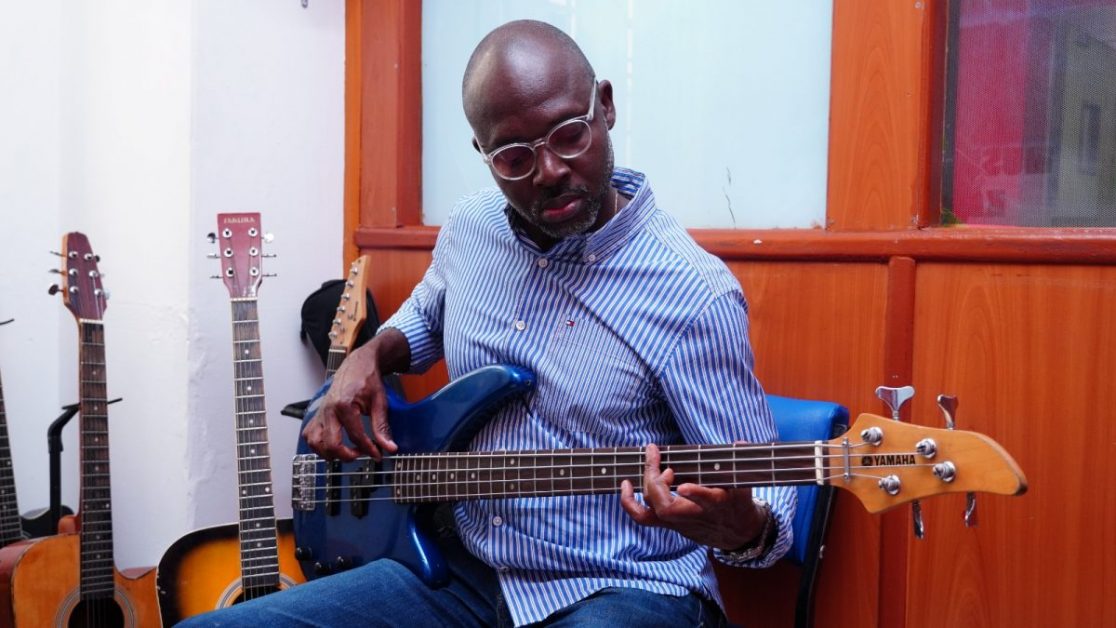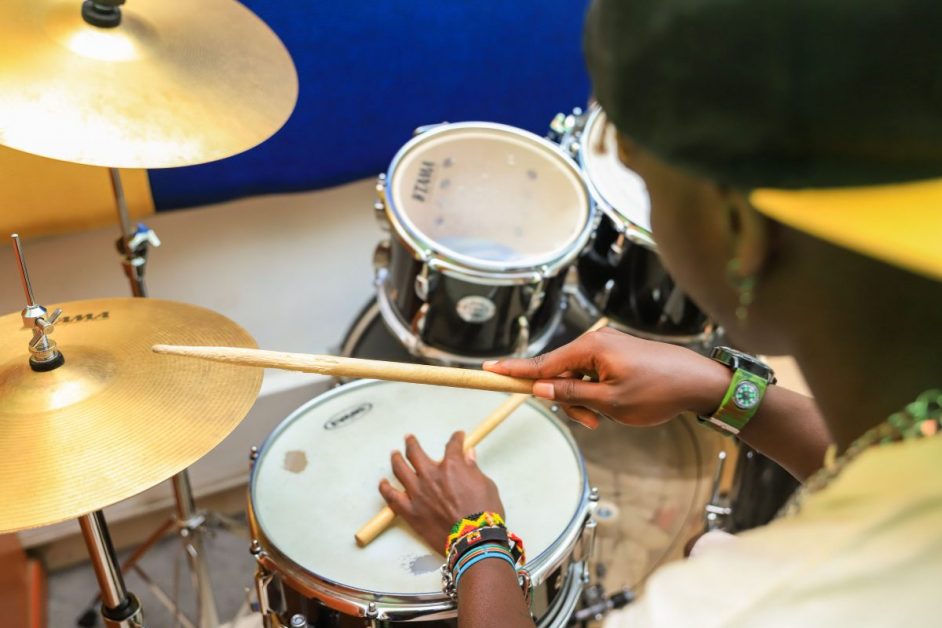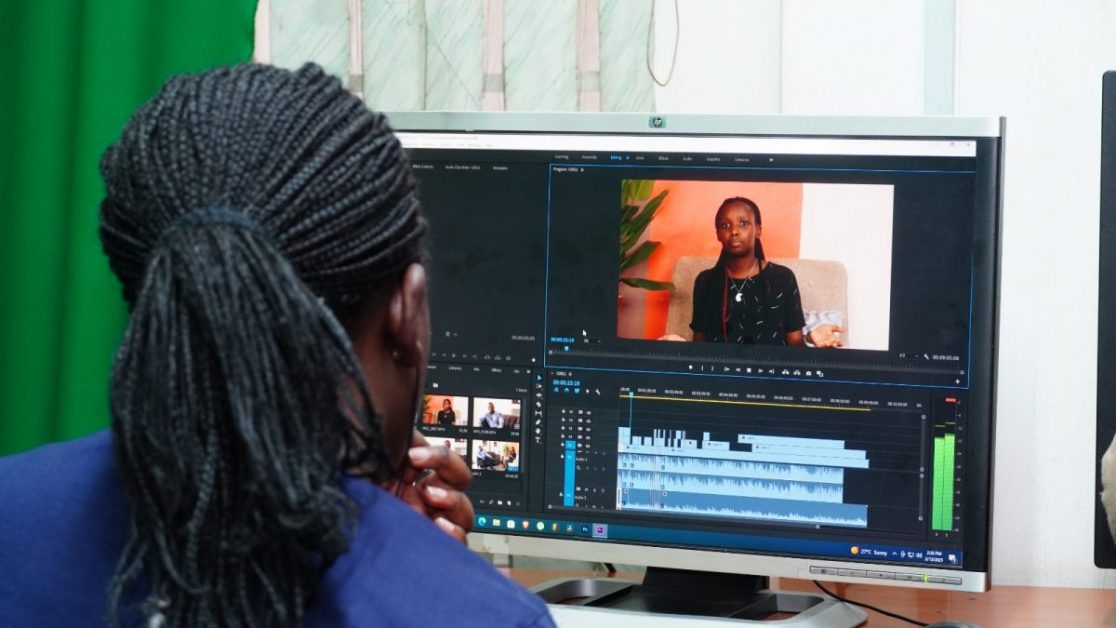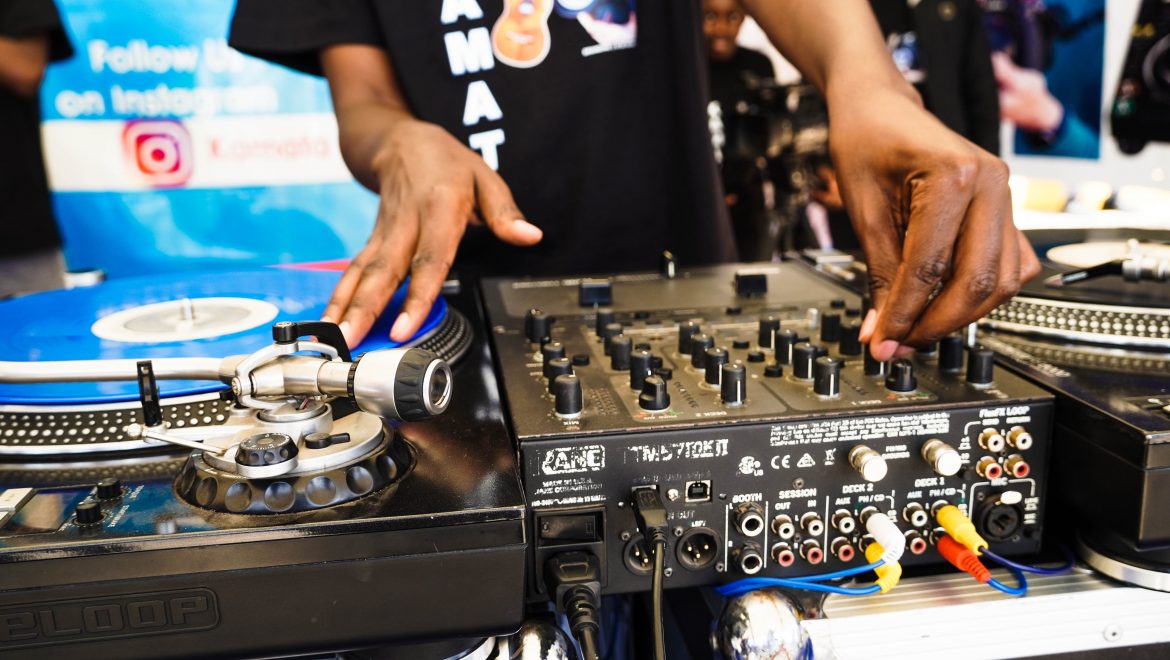Music Career: How to Build A Sustainable Career In Kenya
Music Career: How to Build A Sustainable Career In Kenya
Music career in Kenya is supported by a rich cultural heritage and diverse music scene that includes traditional, contemporary, and fusion styles. Also, music has played a vital role in Kenyan society and contributed significantly to the country’s economic growth and development. It is a universal language that brings people together, creates social change, and inspires transformation.
Aspiring musicians in Kenya must understand the importance of entrepreneurship in building a successful music career. Most importantly, by leveraging their passion for music, they can create a sustainable and profitable career in the industry. Let’s explore some ways to achieve this goal.

The Intersection of Music and Entrepreneurship
Music and entrepreneurship might seem like separate worlds, but they have much in common. Additionally, both require creativity, vision, dedication, and hard work to succeed. The music industry is highly competitive, and standing out and making a name for yourself is challenging. However, by combining your passion for music with a business mindset, you can create a unique brand that sets you apart from the rest.
Here are some ways in which music and entrepreneurship intersect:
- Branding: To build a successful music career in Kenya, you need to create a strong brand identity that resonates with your audience. This involves developing a unique style, image, and message that reflects your personality and values. Just like in entrepreneurship, branding is crucial in the music industry to create a distinct and memorable identity that sets you apart from the competition.
- Marketing: As a musician, you need to promote your music and build a fan base to succeed. With this in mind, you require marketing skills, such as social media marketing, email marketing, content marketing, and influencer marketing. Also, by leveraging these marketing strategies, you can increase your visibility, reach new audiences, and build a loyal fan base.
- Networking: In the music industry, networking is essential to building relationships, collaborating with other artists, and getting your foot in the door. It involves attending events, joining industry associations, and connecting with influencers and decision-makers in the industry. Just like in entrepreneurship, networking is crucial to creating opportunities and building a strong support system.

Tips for Building a Successful Music Career in Kenya
Building a successful music career in Kenya requires a combination of talent, hard work, and business acumen. Here are some tips to help you get started:
-
Develop your skills
Firstly, to succeed in the music industry, you need to have excellent musical skills. This includes singing, playing an instrument, composing, or producing. Equally important, take lessons, attend workshops, and practice regularly to improve your craft. Additionally, stay up-to-date with the latest trends and techniques.
-
Create a unique style
To stand out in the crowded music industry in Kenya, you need to create a unique style. In like manner, it will set you apart from the rest. To emphasise, it involves developing a distinctive sound, image, and message that reflects your personality and values. Use your creativity and imagination to come up with something that is authentic and resonates with your audience.
-
Build your brand
Your brand is your identity in the music industry. Most importantly, it’s how people perceive you, and it’s what sets you apart from the competition. Therefore, develop a strong brand identity that reflects your unique style, message, and values. Also, this involves creating a logo, website, social media profiles, and other marketing materials that reflect your brand identity.
-
Create a marketing strategy
To build a successful music career in Kenya, you need to promote your music and build a fan base. To point out, develop a marketing strategy that includes social media marketing, email marketing, content marketing, and influencer marketing. Additionally, leverage these strategies to increase your visibility, reach new audiences, and build a loyal fan base.
-
Network and collaborate
Another key point, networking and collaboration are essential in the music industry. Attend events, join industry associations, and connect with influencers and decision-makers in the industry. In addition, collaborate with other artists to expand your reach and create new opportunities.
-
Stay up-to-date with industry trends
The music industry is constantly evolving, and it’s essential to stay up-to-date with the latest trends and technologies. Moreover, Follow industry publications, attend conferences, and take online courses to stay informed and ahead of the curve.
Building a successful music career in Kenya requires a combination of talent, hard work, and business acumen. Also, by combining your passion for music with a business mindset, you can create a unique brand that sets you apart from the rest. Use the tips, insights, and strategies provided in this article to navigate the music industry in Kenya and turn your dreams into reality. Remember to stay true to yourself and your values and never give up on your passion for music. With dedication and perseverance, you can build a sustainable and profitable music career in Kenya.






